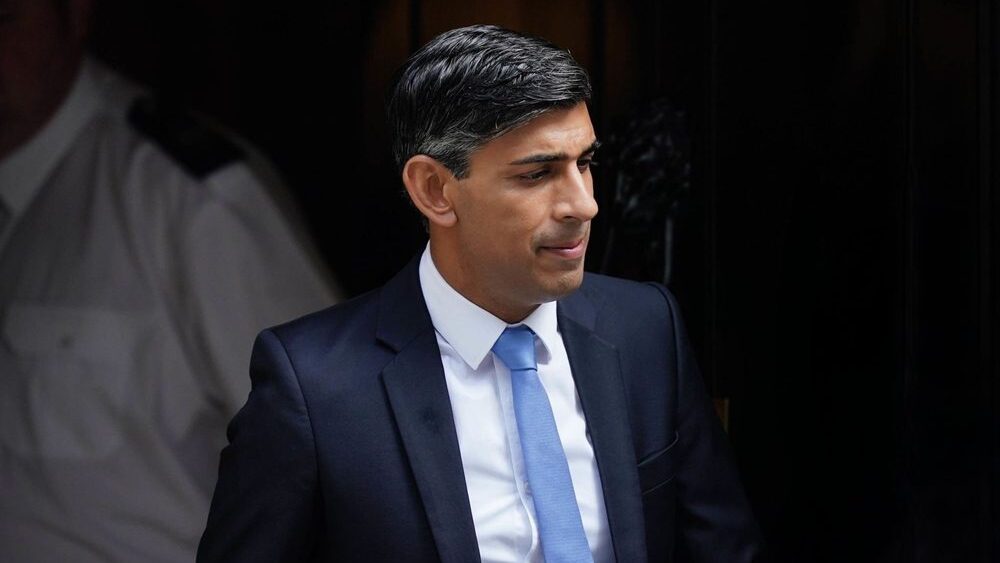
Rishi Sunak
Photo: Muhammad Aamir Sumsum / Shutterstock.com
Rishi Sunak was warned at the beginning of the year that banning conversion therapy for transgender people could criminalise legitimate conversations between parents and their children. But he—the leader of the Conservative Party—has decided to do it anyway. Those hoping to understand the reason why would be better served considering the politics of the situation rather than the principles.
A report in The Times suggests that the ban, which has been on the cards for some time, is being pushed forward “as MPs fear the party will [otherwise] lose votes from the LGBTQ community.” This understanding matches reports we covered back in January, when The Daily Telegraph described Sunak’s decision as “an attempt to appease trans campaigners.”
A draft bill is now expected to be included in the King’s Speech in November. It will outlaw attempts to change someone’s gender identity. But MPs and social conservative campaigners are anxious about the possible scope of the plans. Many have pointed to the “unintended consequences” of parents, teachers, and therapists being criminalised for helping children who are struggling with their identity.
When the plans were first announced, Bow Group Chairman Ben Harris-Quinney told The European Conservative that they “will not only make it illegal for individuals to make their own decisions, it is likely to make it illegal for parents to dissuade their children from pursuing trans therapies or ‘transitioning’.”
Such concerns have been set aside in favour of those regarding the party’s electability. The Times now reports that Simon Hart, the party’s chief whip, warned that “the government could face a revolt if it failed to go ahead with the ban.”
Business Secretary Kemi Badenoch, who has been described as the “darling of the Right,” also has “reservations” about the plans but, the Times adds, “is not expected to oppose them.” Again—politics, not principle.
It is also understood that talk which angered LGBT campaigners at Tory conference has been a factor in pushing this action forward. All that remains to be seen is whether those who have threatened to stand down—ministers included—over the ban stick to their guns.
